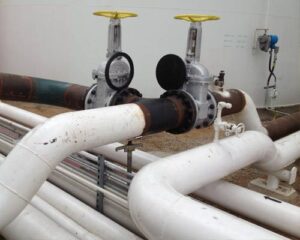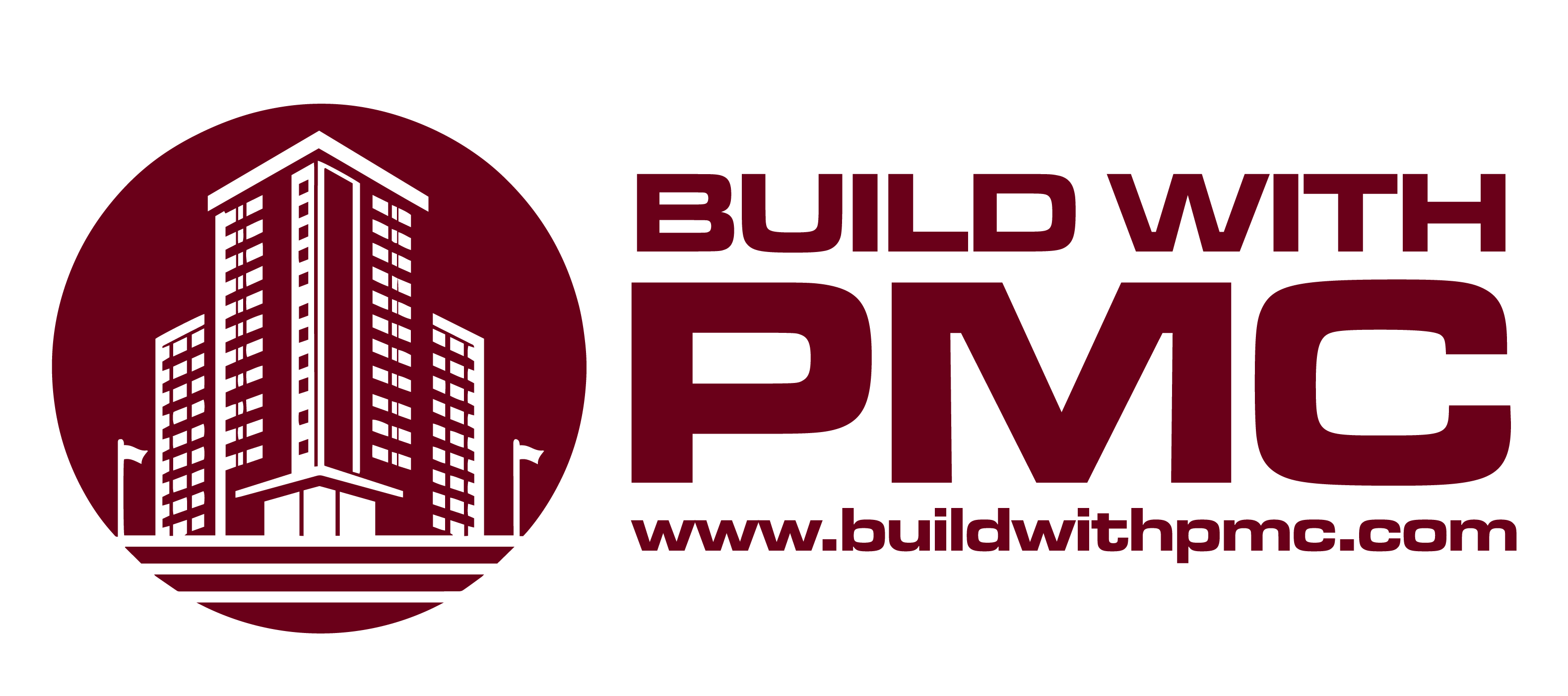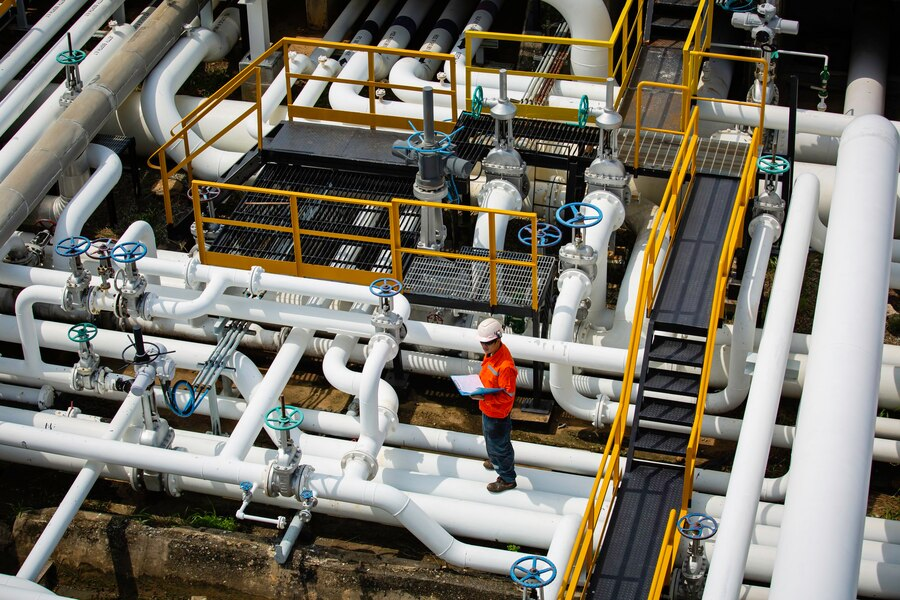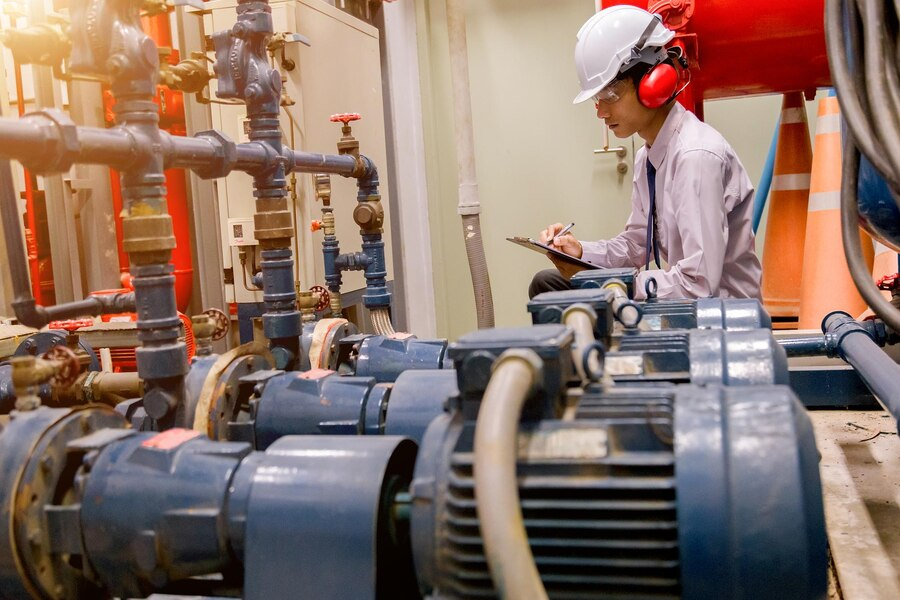Process piping plays a crucial role in various industries, from oil and gas to pharmaceuticals and food processing. The selection of the right piping for your project can significantly impact its efficiency, safety, and longevity. However, navigating through the myriad of options available can be overwhelming. From different materials to various standards and specifications, making the optimal choice requires careful consideration of several factors. In this blog post, we’ll delve into the essentials of choosing the right process piping for your project. Whether you’re a seasoned engineer or a newcomer to the field, understanding the fundamentals of process piping selection is paramount for ensuring the success of your project. Join us as we explore the key considerations and factors that will guide you towards making informed decisions, ultimately leading to the optimal performance and durability of your piping system.
Selecting Process Piping for Specific Industries
Process piping plays a critical role in various industries, providing a conduit for transporting fluids and gases safely and efficiently. However, each industry has unique requirements and challenges when it comes to selecting the right process piping materials and configurations. In this article, we’ll explore the considerations for choosing process piping tailored to specific industries, from oil and gas to pharmaceuticals and beyond.

Oil and Gas Industry
The oil and gas industry operates in demanding environments with high pressures, corrosive substances, and extreme temperatures. For this industry, process piping materials must withstand harsh conditions and ensure reliability. Typically, materials like carbon steel, stainless steel, and alloy steel are preferred for their strength and corrosion resistance. Additionally, considerations for pipeline integrity, such as cathodic protection and corrosion inhibitors, are paramount to prevent leaks and ensure safety.
Chemical Processing Industry
In chemical processing, the selection of process piping materials is crucial for handling corrosive chemicals and maintaining product purity. Materials like corrosion-resistant alloys (CRAs), such as Hastelloy and Inconel, are often utilized to withstand the aggressive nature of chemicals. Furthermore, factors such as temperature control, fluid flow characteristics, and compatibility with specific substances influence the choice of piping materials and configurations.
Pharmaceutical Industry
The pharmaceutical industry requires process piping systems that meet stringent standards for hygiene, purity, and product integrity. Stainless steel is the preferred material due to its corrosion resistance and ease of cleaning. Additionally, sanitary fittings and smooth interior surfaces are essential to prevent contamination and ensure product quality. Compliance with regulatory requirements, such as Good Manufacturing Practices (GMP), is also critical in pharmaceutical process piping design.
Food and Beverage Industry
Similar to the pharmaceutical sector, the food and beverage industry emphasizes hygiene and sanitation in process piping systems. Stainless steel, particularly food-grade stainless steel (such as 316L), is commonly used for its resistance to corrosion and bacterial growth. Hygienic design principles, including sloped surfaces, smooth welds, and easily cleanable components, are integral to preventing microbial contamination and maintaining product safety.
Water Treatment Industry
In water treatment facilities, process piping is essential for conveying water, chemicals, and wastewater throughout the treatment process. Materials like PVC, CPVC, and HDPE are commonly used for their resistance to corrosion and chemicals. Additionally, considerations for UV resistance, temperature variations, and structural integrity are crucial for ensuring the longevity and efficiency of water treatment piping systems.
The Importance of Proper Sizing in Process Piping
Proper sizing of process piping is a critical aspect of any industrial project, impacting efficiency, safety, and overall performance. In this article, we’ll highlight the importance of correct sizing and its implications for process piping systems.
- Optimized Fluid Flow: Correctly sized piping ensures optimal fluid flow rates, minimizing pressure drop and energy loss. Undersized pipes can result in sluggish flow, while oversized pipes lead to unnecessary energy consumption and increased operational costs.
- Prevention of Cavitation and Erosion: Improperly sized piping can cause cavitation and erosion, leading to premature wear and damage to piping components such as valves and pumps. Proper sizing mitigates these risks, prolonging equipment lifespan and reducing maintenance requirements.
- Maintaining Design Pressure and Temperature: Sizing piping appropriately ensures that design pressure and temperature requirements are met throughout the system. Failure to maintain these parameters can compromise the integrity of the process, leading to safety hazards and potential regulatory non-compliance.
- Avoidance of Pipe Failure: Overstressed piping due to incorrect sizing can lead to pipe failure, leaks, and costly downtime. Properly sized piping reduces the risk of structural failures, preserving system reliability and uptime.
Tips for Working with Process Piping Contractors
Collaborating with process piping contractors is a crucial aspect of any project involving the installation or maintenance of piping systems. Effective communication, clear expectations, and a collaborative approach are essential for ensuring the success of the project. In this article, we’ll discuss eight valuable tips for working harmoniously with process piping contractors, from initial planning to project completion.
Define Project Scope and Expectations Clearly
Before engaging a process piping contractor, clearly define the project scope, objectives, and expectations. Provide detailed specifications, drawings, and any relevant documentation to ensure a mutual understanding of the project requirements. Clear communication from the outset helps prevent misunderstandings and ensures that both parties are aligned on the project goals.
Select a Qualified and Experienced Contractor
Choose a process piping contractor with a proven track record of expertise and experience in the specific type of piping work required for your project. Verify their credentials, certifications, and past project references to ensure they possess the necessary skills and capabilities to deliver quality workmanship. A reputable contractor will also adhere to safety standards and regulatory requirements.
Establish Open Lines of Communication
Foster open and transparent communication channels with the process piping contractor throughout the project lifecycle. Maintain regular contact via meetings, progress updates, and timely responses to inquiries or concerns. Effective communication facilitates collaboration, enables problem-solving, and helps address any issues promptly to keep the project on track.
Clarify Roles and Responsibilities
Clearly delineate the roles and responsibilities of both parties involved in the project. Define the scope of work, subcontractor arrangements, and any specific tasks or deliverables expected from the contractor. Establishing clear accountability ensures that each party understands their obligations and contributes to the project’s success.
Prioritize Safety and Compliance
Emphasize safety as a top priority throughout the project duration. Ensure that the process piping contractor adheres to all relevant safety regulations, industry standards, and best practices. Conduct regular safety inspections, provide necessary personal protective equipment (PPE), and promote a safety culture on the worksite to mitigate risks and prevent accidents.
Conclusion
Selecting the appropriate process piping for your project is a critical decision that can significantly impact its success. By considering factors such as material compatibility, pressure and temperature requirements, environmental conditions, and regulatory standards, you can ensure optimal performance and longevity. Whether it’s for industrial, commercial, or residential applications, the right piping system will enhance efficiency, minimize risks, and contribute to overall project success.
If you have any further questions or require assistance in choosing the right process piping for your specific needs, feel free to contact us at PMC INC. Our team of experts in Southern California is dedicated to providing tailored solutions and exceptional service. Give us a call at 562-905-3101, and let’s discuss how we can support your project today.




